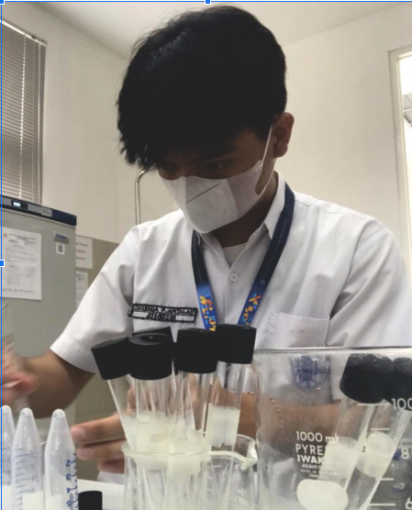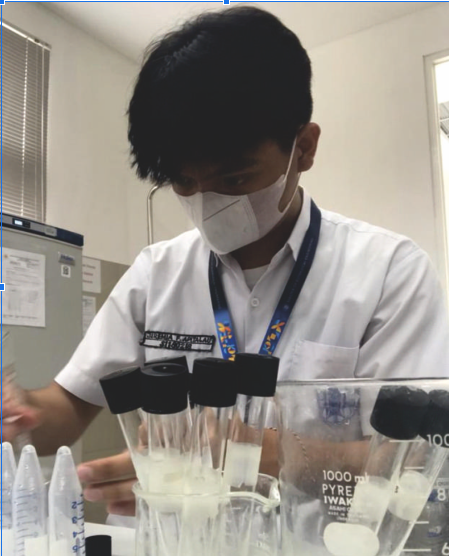

Chronic diseases such as heart disease, stroke, and cancer are increasingly affecting the population. Currently, the treatment of chronic diseases and public health services still heavily rely on imported medical devices.
Meanwhile, the availability of domestically produced medical equipment remains very limited and needs to be rapidly improved. The enactment of Law No. 17 of 2023 opens up opportunities for domestic industries to accelerate the independent production of medical devices.
This law clearly mandates special attention to the provision of affordable healthcare services, especially through the development of self-sufficiency in the production of medical devices.
The UGM Graduate School (SPs UGM), in response to this challenge, has launched the Biomedical Engineering Master Program. The goal is producing graduates capable of creating medical devices to meet domestic needs, which have so far been heavily reliant on imports. The Program Chief, Ir. Rini Dharmastiti, M.Sc., Ph.D., IPM., ASEAN Eng., stated that biomedical engineering is a field of science that can address this challenge.
“Research and production of medical devices by this program are a concrete form of contribution to the national industry development program in accordance with RIPIN 2015–2035,” she said. “Therefore, preparing competent graduates over the course of four semesters has become our main focus,” she added.
Dr. Rini explained that the program is supported by seven faculties at UGM, both in terms of faculty members and laboratory facilities. Several research outputs and innovations in the field include heart stents, prosthetics, orthotics, and the use of artificial intelligence for early disease detection.
“Our hope is that by increasing the number of human resources in biomedical engineering, we can produce medical devices that meet the needs of the Indonesian people—including in terms of affordability,” she said. The program accepts applicants from S1 (Bachelor) and D4 (Applied Bachelor) backgrounds of various relevant fields.
“For those whose backgrounds are less aligned with the program, a bridging course is required to build foundational knowledge before attending regular lectures,” she explained. For prospective students facing financial challenges, the Graduate School also provides scholarships and tuition reduction assistance.
Applications for tuition reduction scholarships can be submitted after a candidate applies to one of the programs under UGM Graduate School. Selection is carried out once the applicant is accepted into a program.
This year, according to Dr. Rini, admissions are being held in three types of admission: 2nd admission: February 12th – March 12th, 3rd admission: April 15th – May 14th, and 4th admission: June 10th – July 2nd
The program offers two tracks: a regular academic track and a research-based track, the latter being more suitable for professionals currently working in the biomedical engineering field.
Career Opportunities
According to data from the Indonesian Association of Biomedical Engineering Education Institutions (AIPTBI), currently known as P2TBI (Association of Biomedical Engineering Programs of Indonesia), the projected demand for biomedical engineering professionals spans six sectors: Hospitals, Medical Device Industry, Clinical Laboratories, Government Agencies, Educational/Academic Institutions, and Research Institutions
“Based on this data, the demand for biomedical engineers remains high,” she added. She also expressed hope that this program will help Indonesia become self-reliant and no longer dependent on imported medical equipment.
This news was also published in Tribun Jogja newspaper on Friday, March 7th, 2024.
